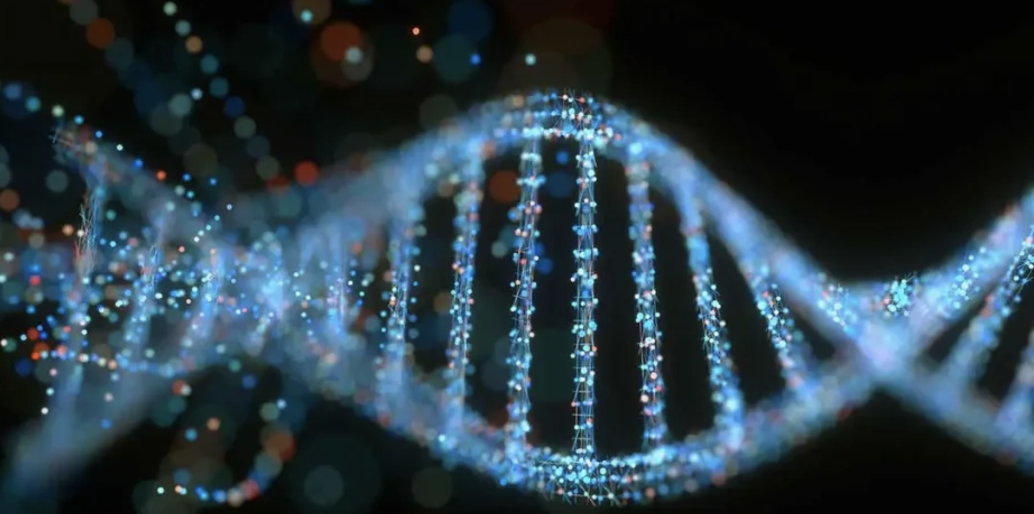
Your dietary habits might be more than just personal preferences—they could be written in your DNA. Recent advances in genetic testing reveal fascinating insights into how our genes influence the way we process food, absorb nutrients, and manage weight. Understanding this connection can revolutionize how you approach nutrition and create a personalized plan tailored to your genetic makeup.
How DNA Shapes Your Diet Habits
At the core of your body’s dietary responses are your genes. Variations in genetic markers can determine how you react to specific nutrients, your metabolic rate, and even food intolerances. Here are a few ways DNA impacts diet habits:
- Metabolism: Genes like FTO and MC4R influence how efficiently your body burns calories, potentially impacting weight gain or loss.
- Nutrient Absorption: Genetic differences can affect how your body absorbs vitamins like B12, calcium, or iron, which are vital for overall health.
- Taste Preferences: Genes such as TAS2R38 shape your taste for bitter foods, possibly explaining why some people love leafy greens while others avoid them.
- Food Sensitivities: Variants in genes like HLA-DQ can predispose individuals to conditions like gluten intolerance or lactose sensitivity.
Personalized Nutrition: The Future of Diet Planning
With the rise of nutrigenomics—the study of how genes and nutrition interact—you can use DNA testing to create a diet plan tailored to your unique genetic profile. Here’s how this works:
- DNA Testing Kits: Companies like 23andMe and Genopalate offer genetic testing that highlights dietary insights.
- Customized Meal Plans: Based on your genetic profile, you can adjust your macronutrient ratios, such as increasing protein intake or limiting saturated fats.
- Preventive Health: Identifying potential risks like obesity or diabetes through genetic markers allows you to make proactive dietary changes.
Benefits of DNA-Based Diet Habits
Adapting your diet based on your DNA isn’t just trendy; it’s scientifically backed with several advantages:
- Enhanced Weight Management: Knowing whether you’re genetically predisposed to weight gain can guide portion control and exercise.
- Improved Health Outcomes: Adjusting nutrient intake can reduce risks of deficiencies or chronic diseases.
- Sustainable Habits: Personalized diets often lead to long-term adherence because they work with your body’s natural tendencies.
Are There Limitations?
While DNA-based diets are promising, they’re not a magic bullet. Factors like lifestyle, environment, and mental health also play a critical role in dietary habits. Furthermore, the science of nutrigenomics is still evolving, so not all genetic markers have clear dietary recommendations yet.
Final Thoughts: Embrace Your DNA for Better Nutrition
Your DNA provides a blueprint for understanding your body’s unique nutritional needs. By aligning your diet habits with your genetic profile, you can unlock a healthier, more balanced lifestyle.
Ready to explore the potential of personalized nutrition? Start with a DNA test and embark on a journey toward optimal health.





